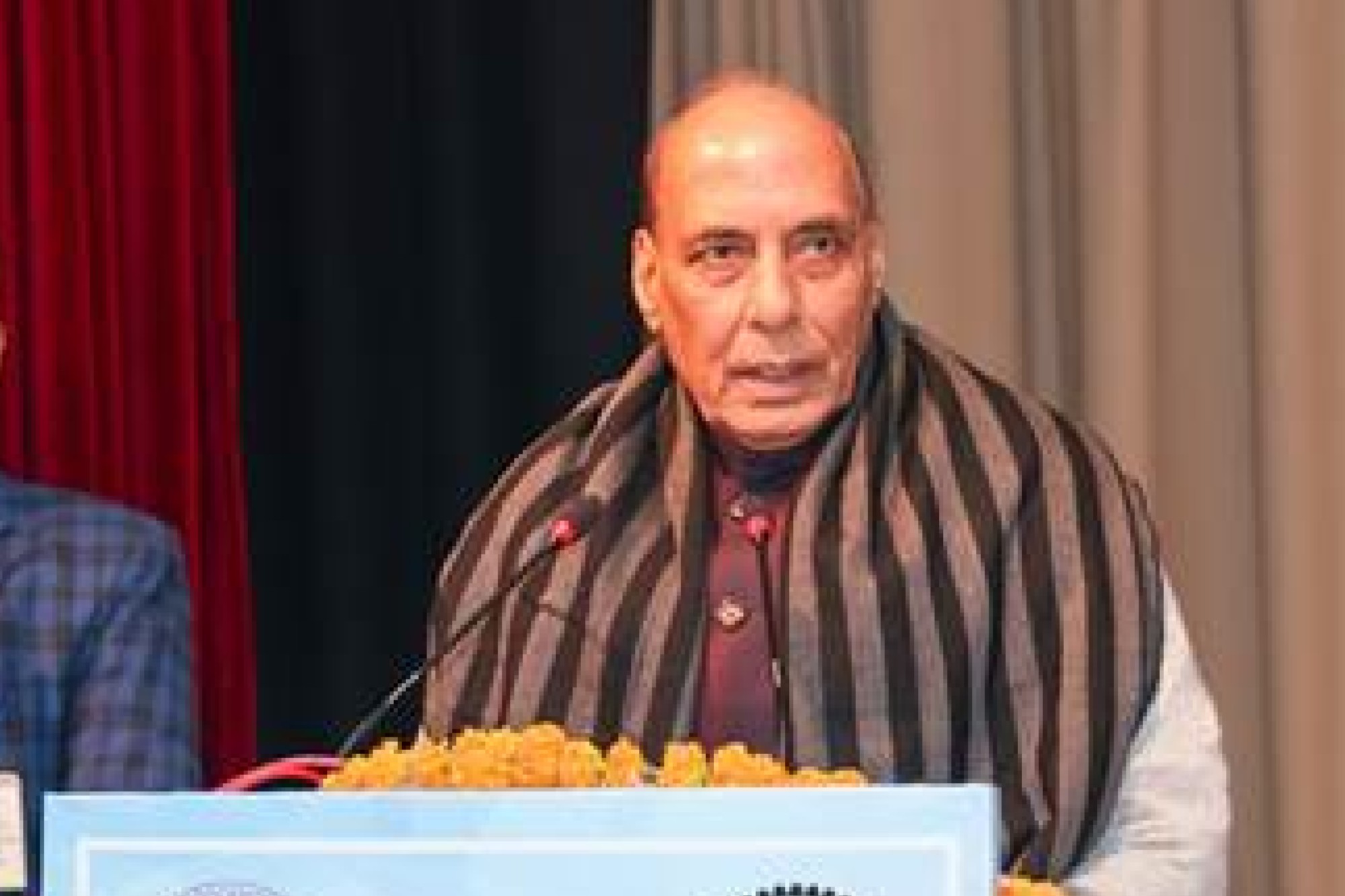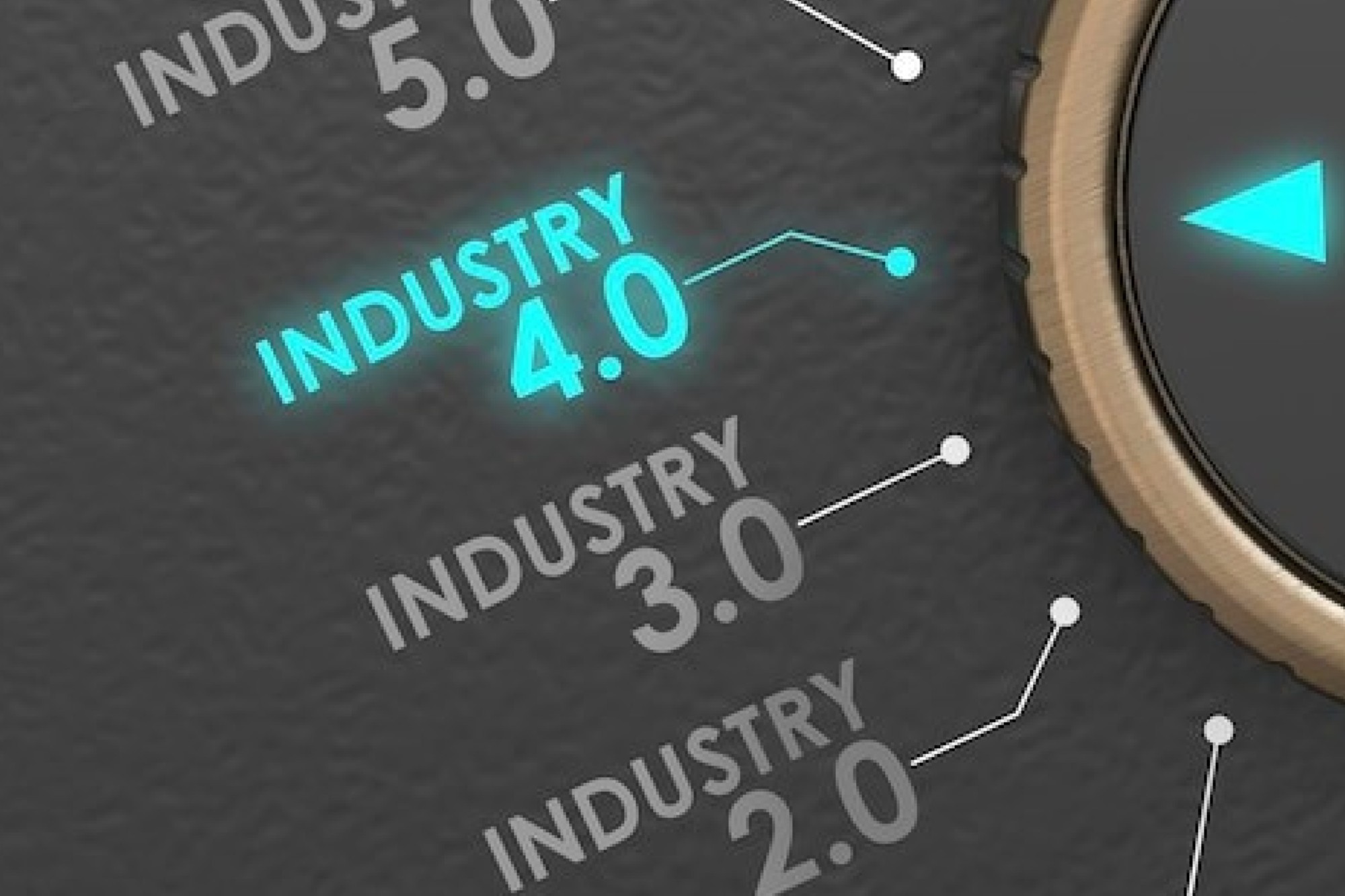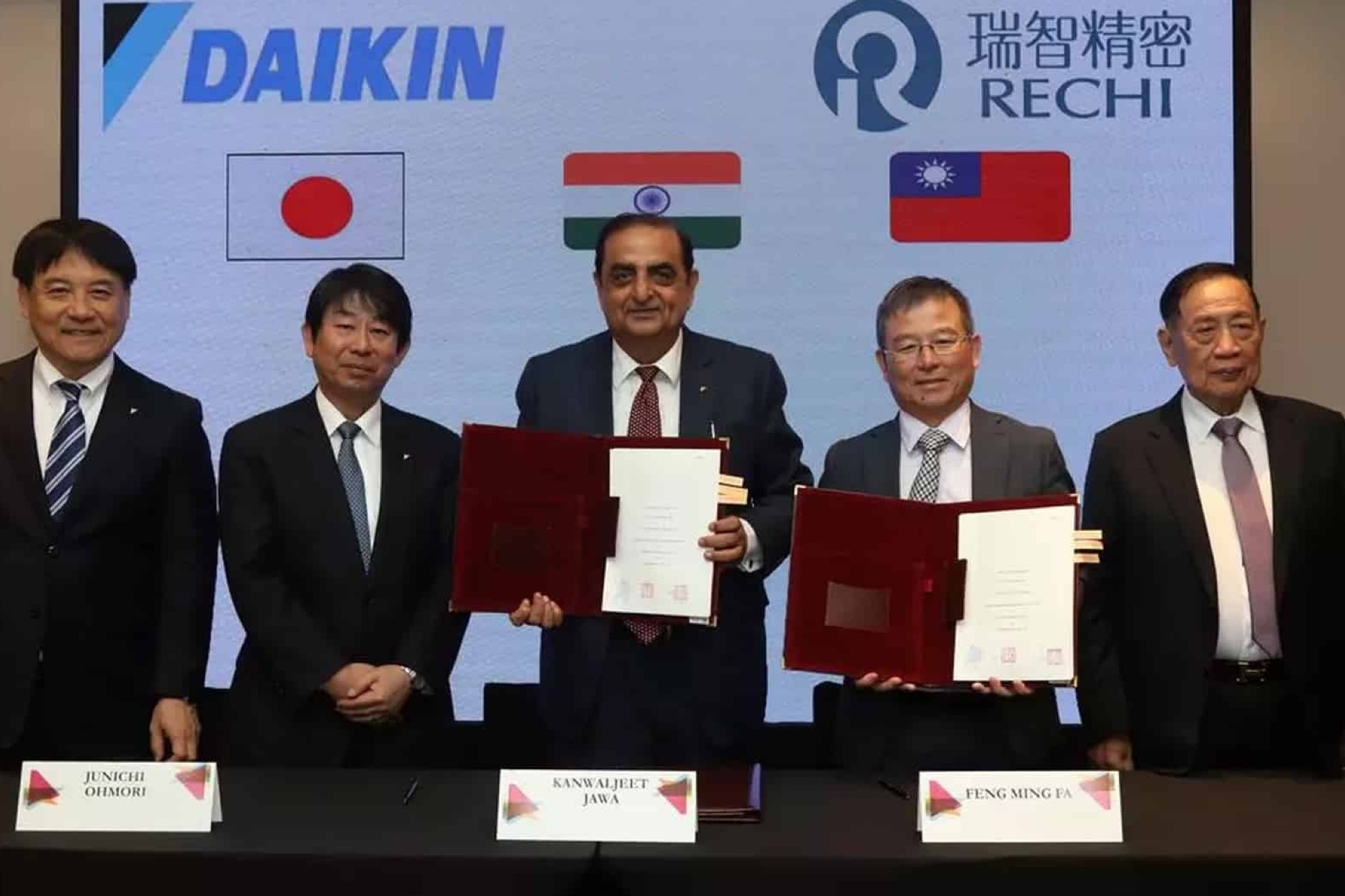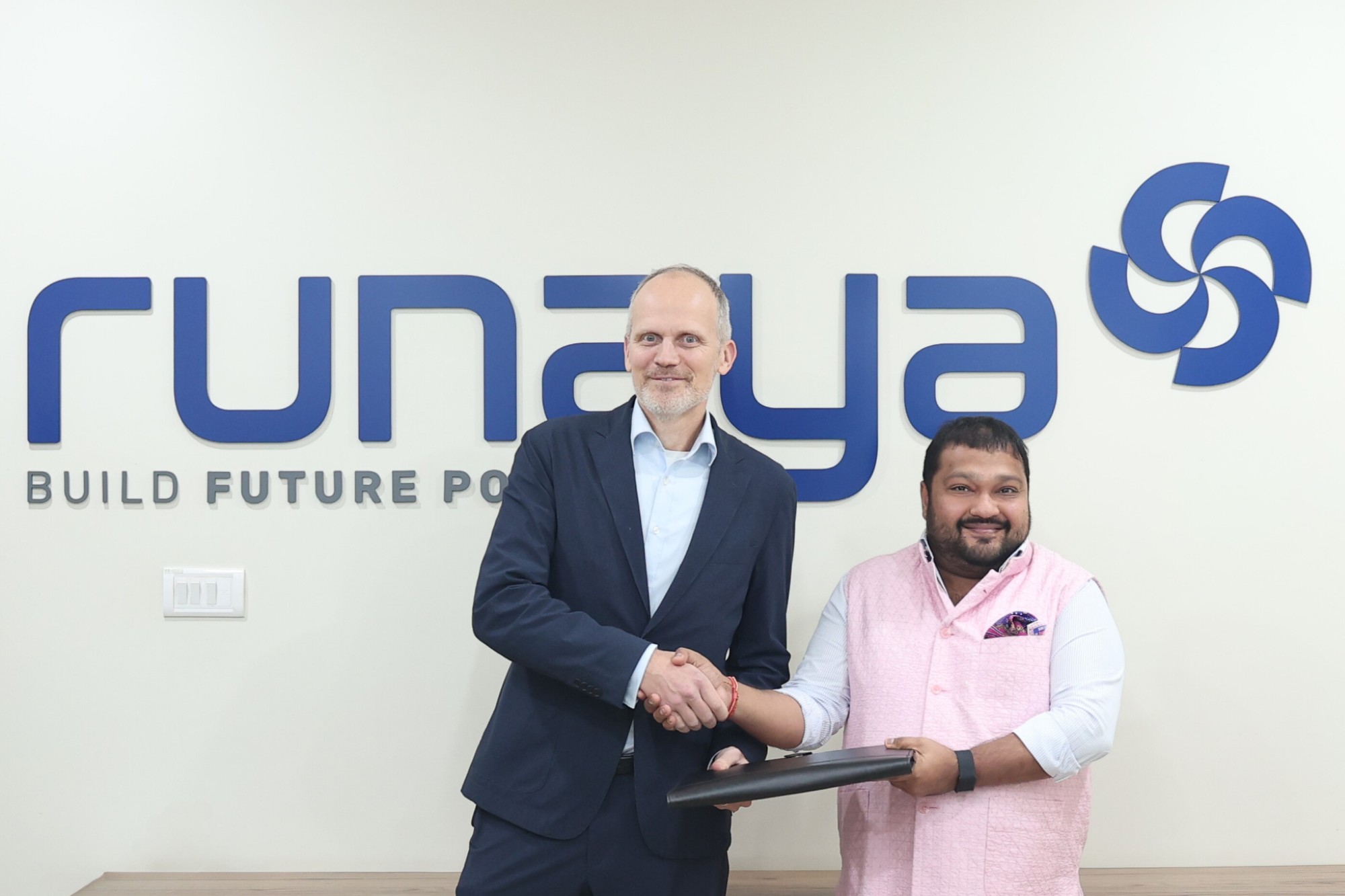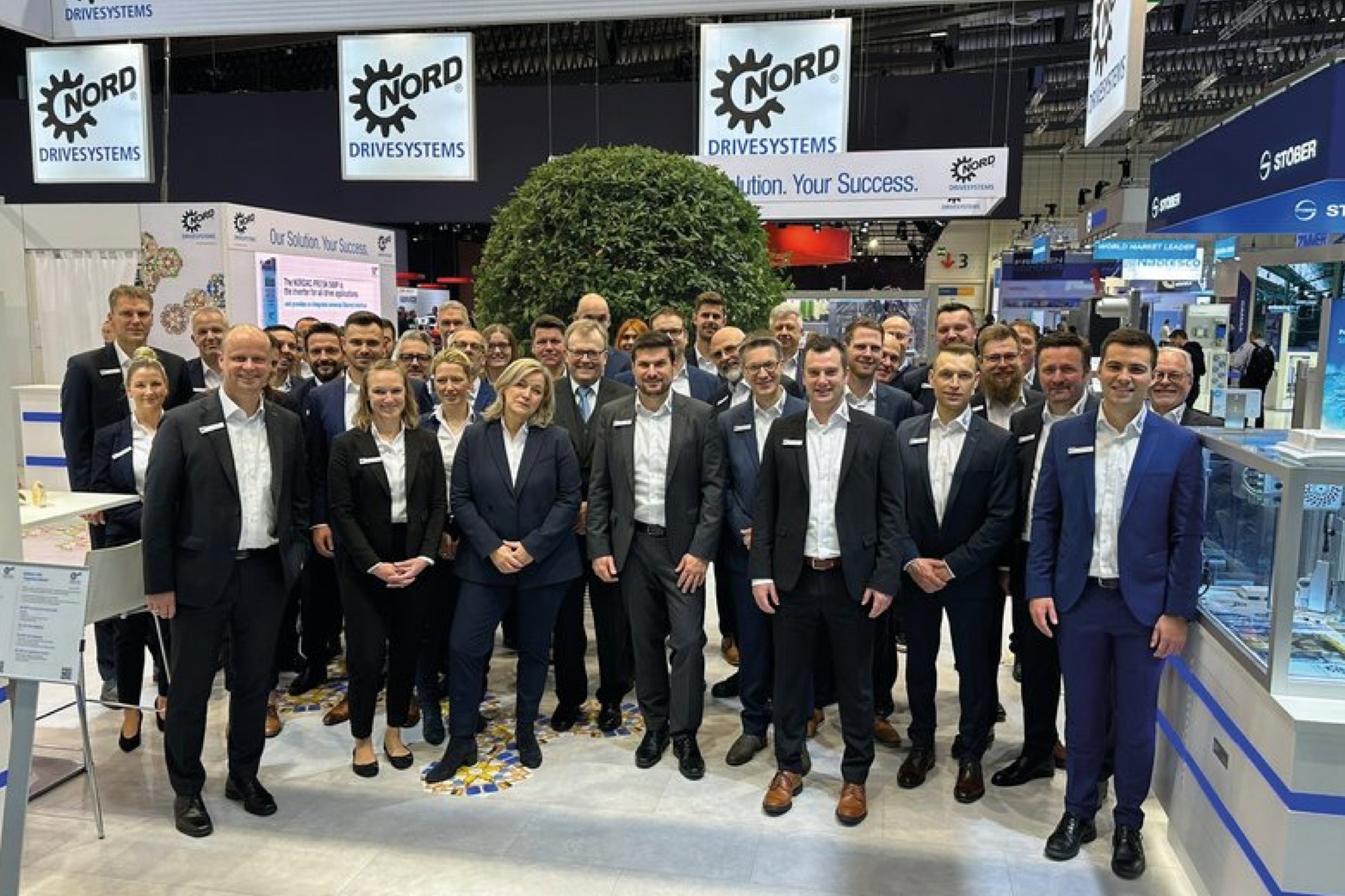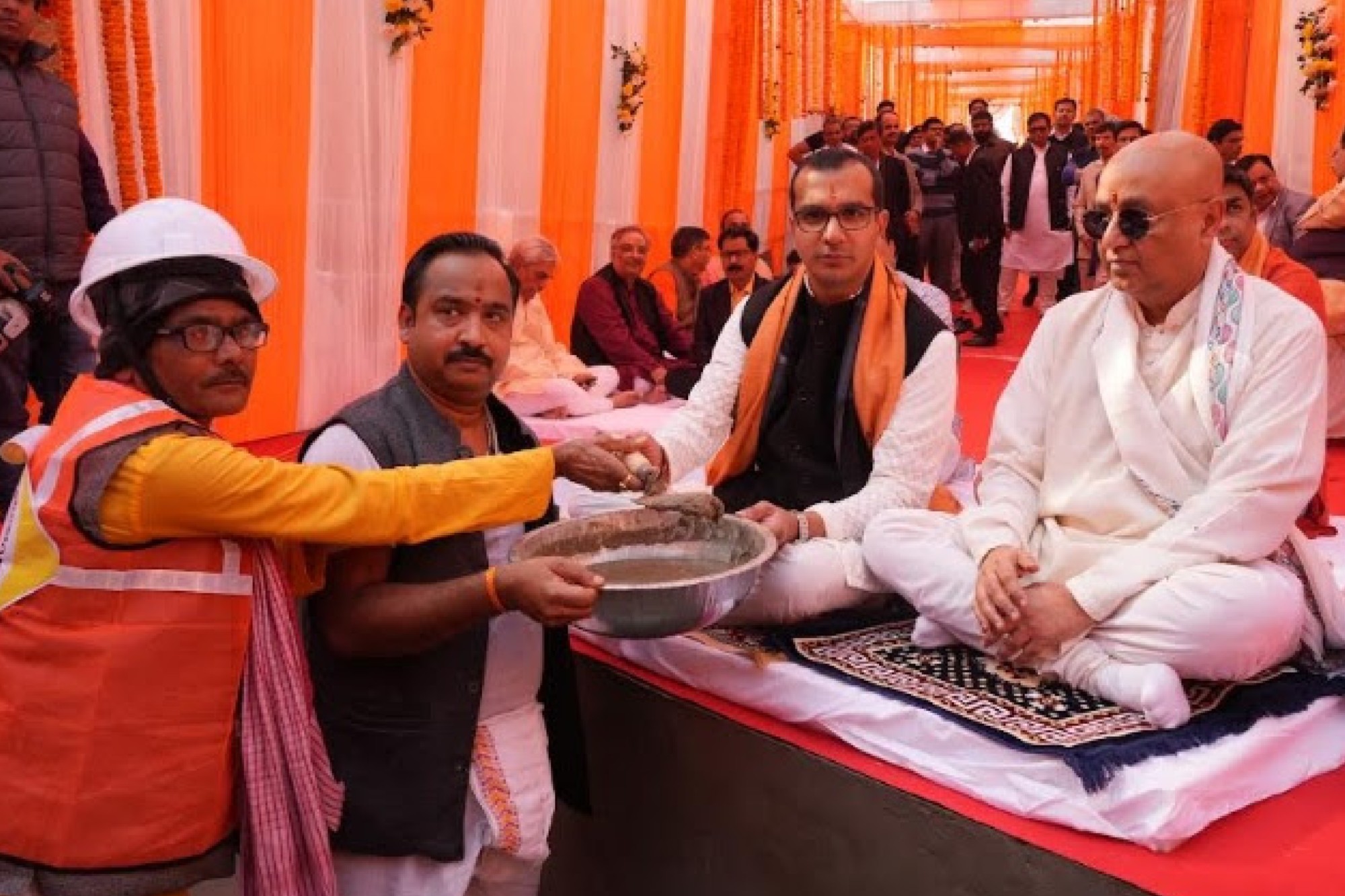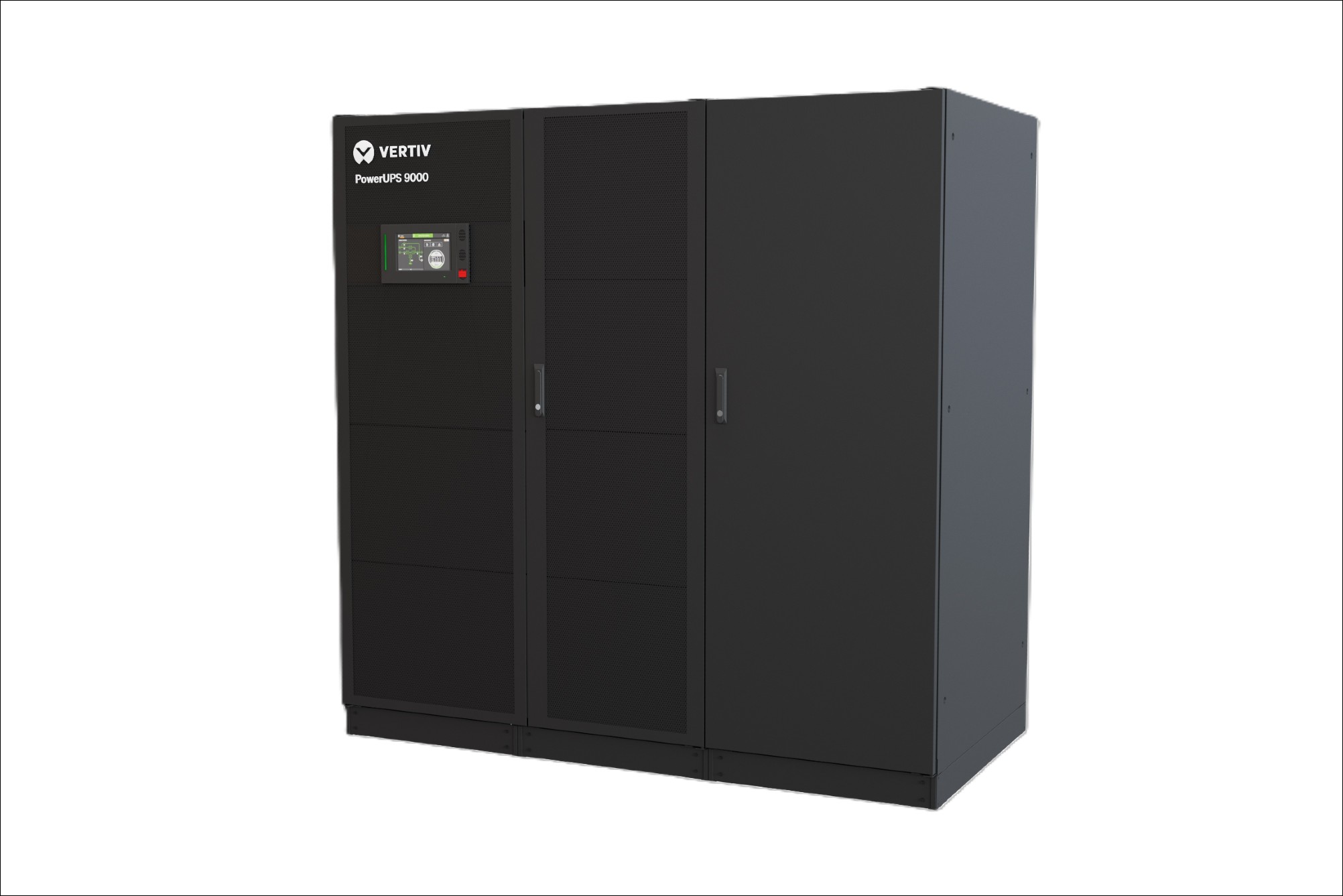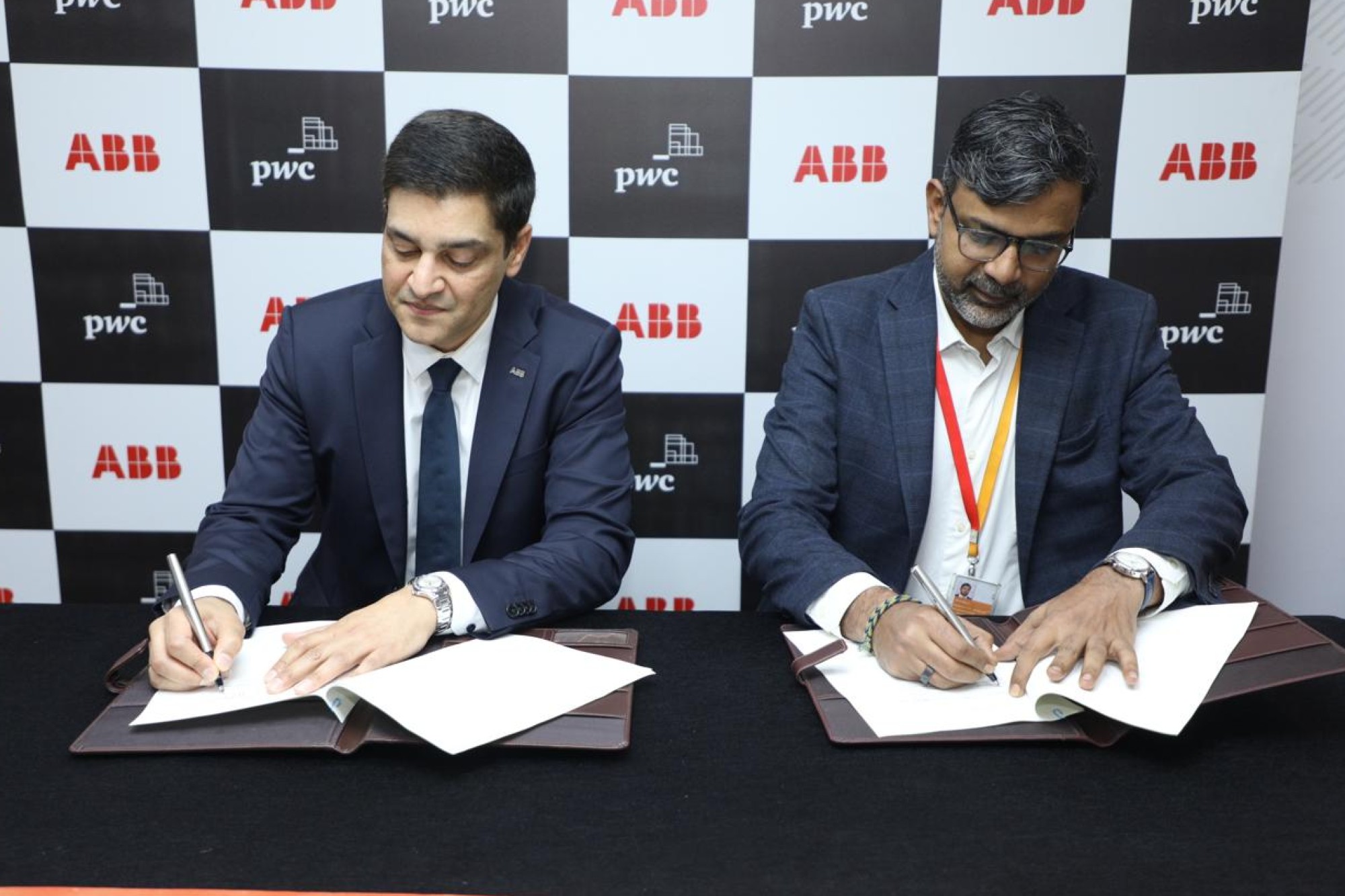WalkWater report unveils leadership trends in India’s API manufacturing
By OEM Update Editorial February 22, 2024 6:31 pm IST
Indian API market is expected to grow at a compound annual growth rate (CAGR) of 13.7 percent in the coming years. The API sector is predicted to contribute a significant 35 percent of this growth.
India’s pharmaceutical industry has been growing significantly over the years, and it is projected to reach a whopping USD 65 billion by 2024. WalkWater Talent Advisors has released a comprehensive report shedding light on key trends and talent insights that are driving leadership hiring in the manufacturing function of India’s active pharmaceutical ingredient (API) industry.
The API sector is expected to contribute a substantial 35 percent share to this growth. India is currently positioned as the world’s third-largest API producer, a remarkable feat in itself. Additionally, India supplies the majority of APIs listed on the WHO prequalified catalog, which highlights its crucial role in the global pharmaceutical market.
Rahul Shah, Co-Founder and Director at WalkWater Talent Advisors, said, “The report offers crucial insights into the trends and talent dynamics driving leadership hiring in the manufacturing function of India’s API industry. Amid India’s growing role in API manufacturing in the global pharmaceutical scene, this study acts as a compass for industry stakeholders navigating the dynamic and ever-changing talent landscape.”
India’s pharmaceutical industry has several factors working in its favor, including a strong domestic market, a highly advanced chemical industry, a skilled workforce, stringent quality standards, and competitive operational costs (which are almost 40 percent lower than in the West). As a result, India has become a highly attractive destination for investors looking to capitalise on this growth opportunity.
It has been observed that all companies studied have 100 percent male leadership in manufacturing roles. This is a grave concern and raises issues about the lack of diversity in the industry. In this era where Diversity, Equity, and Inclusion are of utmost importance, industry leaders should take urgent actions to promote better representation and create a more inclusive environment for talent growth.
Talent clusters in India’s API manufacturing industry have become more prominent. The states of Andhra Pradesh & Telangana, Maharashtra, and Gujarat are the three main emerging clusters, and they comprise over 82 percent of the industry’s leadership talent. It is expected that these clusters will attract a significant share of future investments in this sector.Manufacturing industry is facing a high talent churn of 40 percent in their leadership talent. This trend is expected to grow in the coming years due to the demand-supply gap in this sector, as the industry attracts continued investments. With manufacturing networks becoming more complex, leading companies are now focusing on hiring COO candidates to provide leadership and strategic direction to manage the growth of manufacturing operations
Ageing leadership in manufacturing industry is experiencing aging leadership, and there is a need for effective talent management strategies to groom younger leaders. Companies are extending the retirement age to cope with the shortage of leadership talent in the short term.
High talent churn and demand-supply gaps are leading to an increase in compensation levels. In the manufacturing function, compensation levels for leadership talent have increased in this industry, and surprisingly, the median CTC across levels is today comparable to CTC trends in the FMCG industry for similar talent.
Prakash HS, Vice President, Pharma & Lifesciences at WalkWater Talent Advisors, said, “Our study offers crucial insights into leadership hiring trends, serving as a guide for decision-makers in navigating the industry’s complexities, particularly in the manufacturing function. Hence, the report is a compass for informed strategies, ensuring sustainable growth.”
WalkWater researched 51 API firms and included 120 candidates for manufacturing leadership positions. Chemical engineers and chemistry graduates make up 95 percent of industrial leaders in the API industry, with 41 percent holding full-time Masters or Doctorates, according to data on educational backgrounds.
Cookie Consent
We use cookies to personalize your experience. By continuing to visit this website you agree to our Terms & Conditions, Privacy Policy and Cookie Policy.




